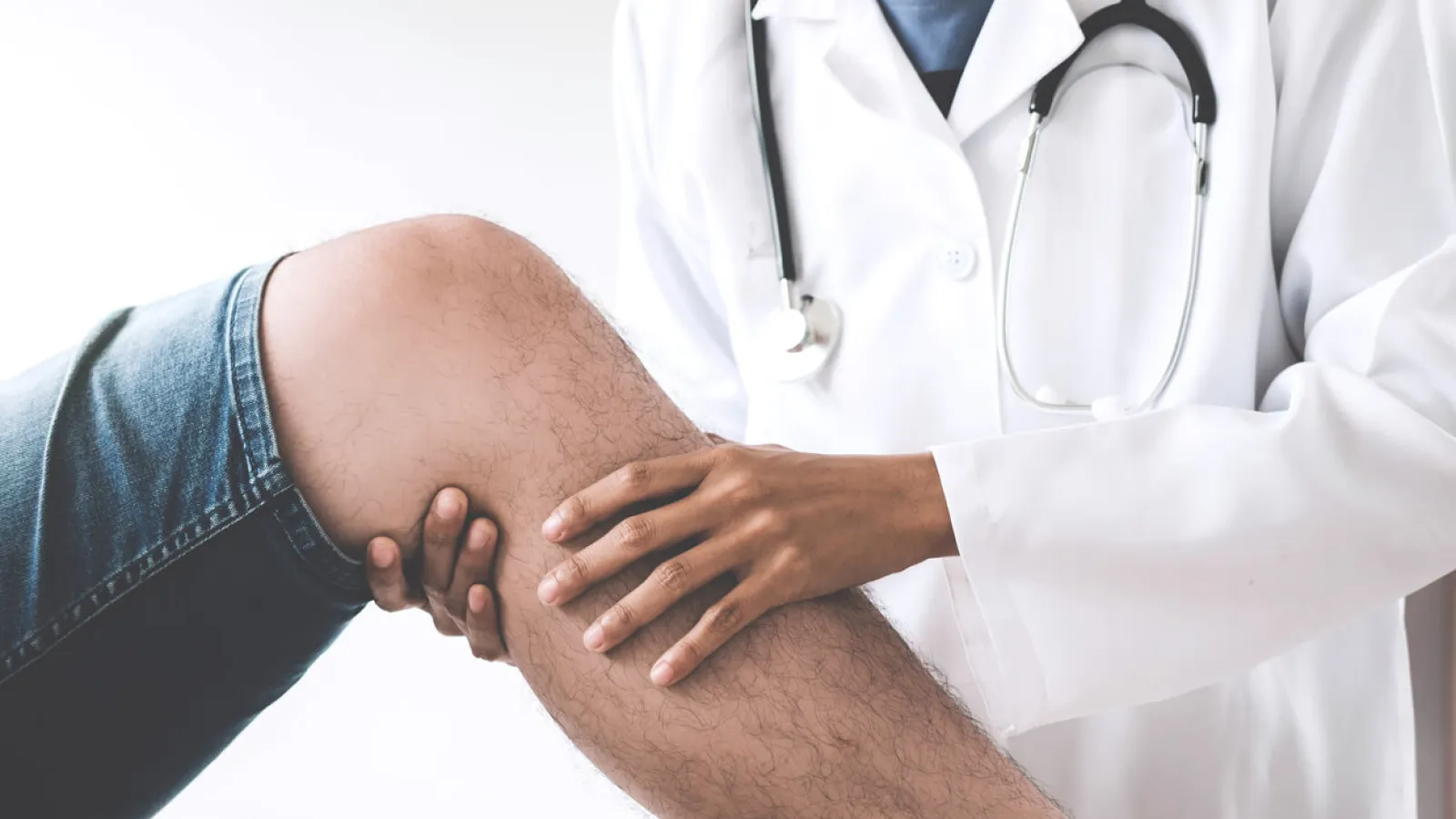Knee pain can disrupt every aspect of your life. From
walking upstairs to enjoying your favorite hobbies, it can affect even the
simplest daily activities.
Knowing when to seek help and who to turn to — whether a
general practitioner or an orthopedic knee specialist — can be a critical step
in addressing the issue properly.
Let us explore the differences between general practitioners
(GPs) and orthopedic knee doctors to help you determine when to seek
specialized care.
Why Your Knee Health Matters
The knee is the largest joint in your body, and it plays an
essential role in movement. Whether you love running, playing sports, or simply
taking a walk, the health of this joint is critical.
When knee pain develops, it can range from mild discomfort
to debilitating pain that affects your quality of life.
Ignoring knee pain or delaying care can lead to further
complications, making timely intervention essential.
General Practitioners Vs. Orthopedic Knee Doctors
The following outlines the difference between orthopedic
care and general practice care for orthopedic conditions.
What Does a General Practitioner Do
A general practitioner (GP) is often the first point of
contact when you have health concerns. GPs are trained to treat a variety of
illnesses and injuries. They can prescribe medication, recommend physical
therapy, or refer you to a specialist if needed.
GPs are ideal for minor knee concerns such as a slight
strain, sprain, or general knee discomfort that does not persist or worsen.
What Does an Orthopedic Knee Doctor Do
An orthopedic knee doctor specializes in the diagnosis,
treatment, and prevention of problems related to bones, joints, tendons,
ligaments, and muscles. These professionals often have advanced training in
knee injuries and conditions. They offer both surgical and nonsurgical knee
treatments tailored to the patient's needs.
Orthopedic doctors are equipped to handle moderate to severe
knee conditions, including ligament injuries, arthritis, fractures, and
meniscus tears.
When Should You See a General Practitioner
Here are some signs your knee issue can likely be addressed
by a general practitioner.
·
Mild knee pain that improves with rest and
over-the-counter pain relievers.
·
Minor swelling following exercise.
·
Temporary stiffness or discomfort that resolves
within a few days.
·
A mild strain or sprain resulting from physical
activity.
Your GP may suggest rest, ice, and compression or recommend
over-the-counter drugs (such as ibuprofen or acetaminophen) to reduce
discomfort.
When Should You See the Best Orthopedic Doctors Near You for Knees
If your knee pain persists or worsens, it may be time to
seek a specialist. The orthopedic doctors can assess your condition and provide
advanced care.
Signs that it might be time to visit orthopedic doctors
include:
·
Persistent Pain:
If knee pain lasts more than two weeks, it may indicate an underlying issue
that needs professional evaluation.
·
Severe Swelling or
Bruising: Swelling or bruising around the knee joint that does
not improve could signify a serious injury like a ligament tear or fracture.
·
Difficulty Bearing
Weight: Struggling to put weight on your knee or walk without
discomfort is a common sign of structural damage or joint problems.
·
Reduced Range of Motion:
If bending, straightening, or moving your knee feels restricted, it could point
to cartilage damage, arthritis, or other joint issues.
·
Popping Sound With Pain:
Hearing a popping noise during an injury, accompanied by immediate pain, could
indicate a ligament tear or other acute damage.
·
Knee Instability:
A wobbly or unstable knee when walking or moving may suggest ligament or tendon
injury.
·
Recent Trauma:
Any recent injuries, such as a fall, car accident, or sports-related incident,
should be checked to rule out fractures, ligament tears, or other serious
damage.
Seeking timely medical attention can help diagnose and treat
these issues effectively, preventing further complications.
If you are experiencing any of these symptoms, do not delay.
Early treatment can prevent further damage and speed up recovery.
How Can the Best Orthopedic Doctor Near You for
Knees Help
An orthopedic doctor specializing in knee conditions offers
personalized care to address your unique needs. Through thorough evaluations,
including physical exams, imaging, and symptom discussions, they identify the
root causes of knee issues.
Treatment plans are tailored to each patient, ranging from
conservative options like physical therapy, medications, or injections to
advanced surgical procedures such as arthroscopy or knee replacement, ensuring
optimal knee health and function.
Best Orthopedic Doctors Near Me for Knees in Portland, Maine
If knee pain is affecting your daily life, do not wait to
get the care you need.
At Orthopaedic Associates of Maine, our board-certified
orthopedic physicians are here to help you regain your mobility and live a
pain-free life. We offer personalized orthopedic care, advanced diagnostic
tools, and innovative treatments tailored to your needs.
For more information or to schedule a consultation, call us
today at 207.828.2100 or fill out our appointment request form. You can also access
orthopedic walk-in care without an appointment.
We look forward to serving you!
